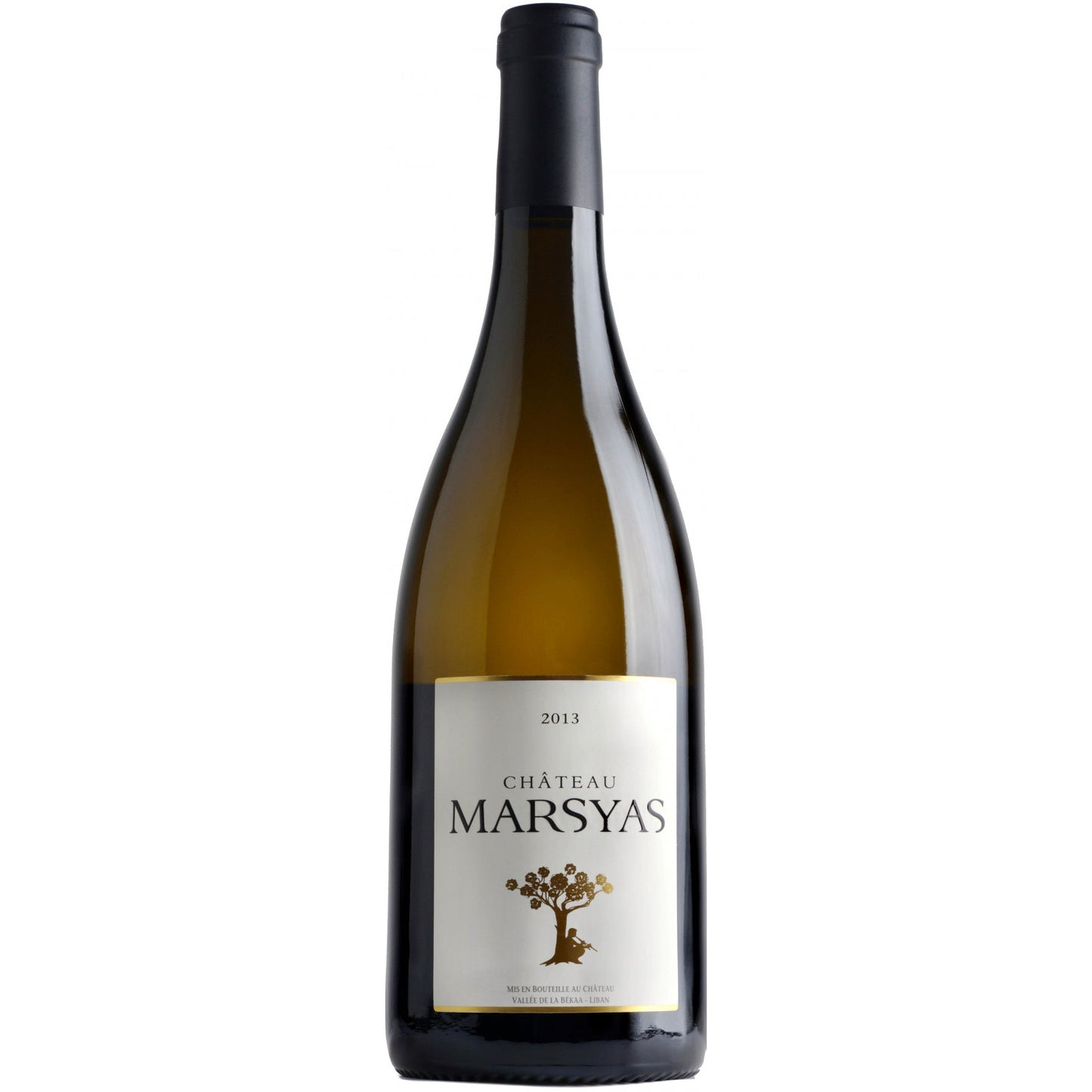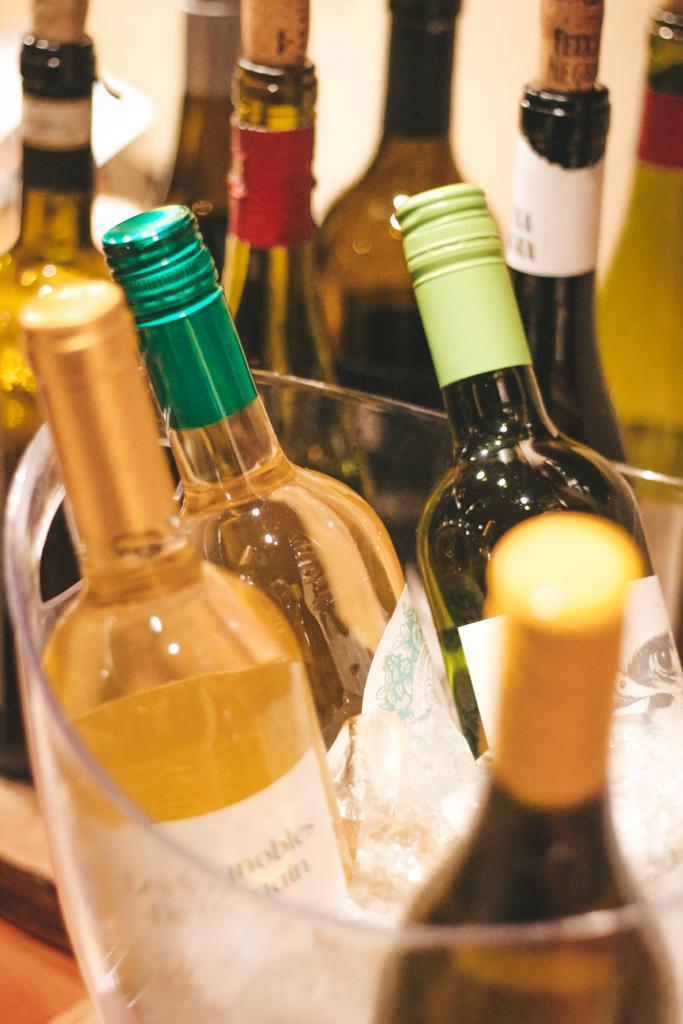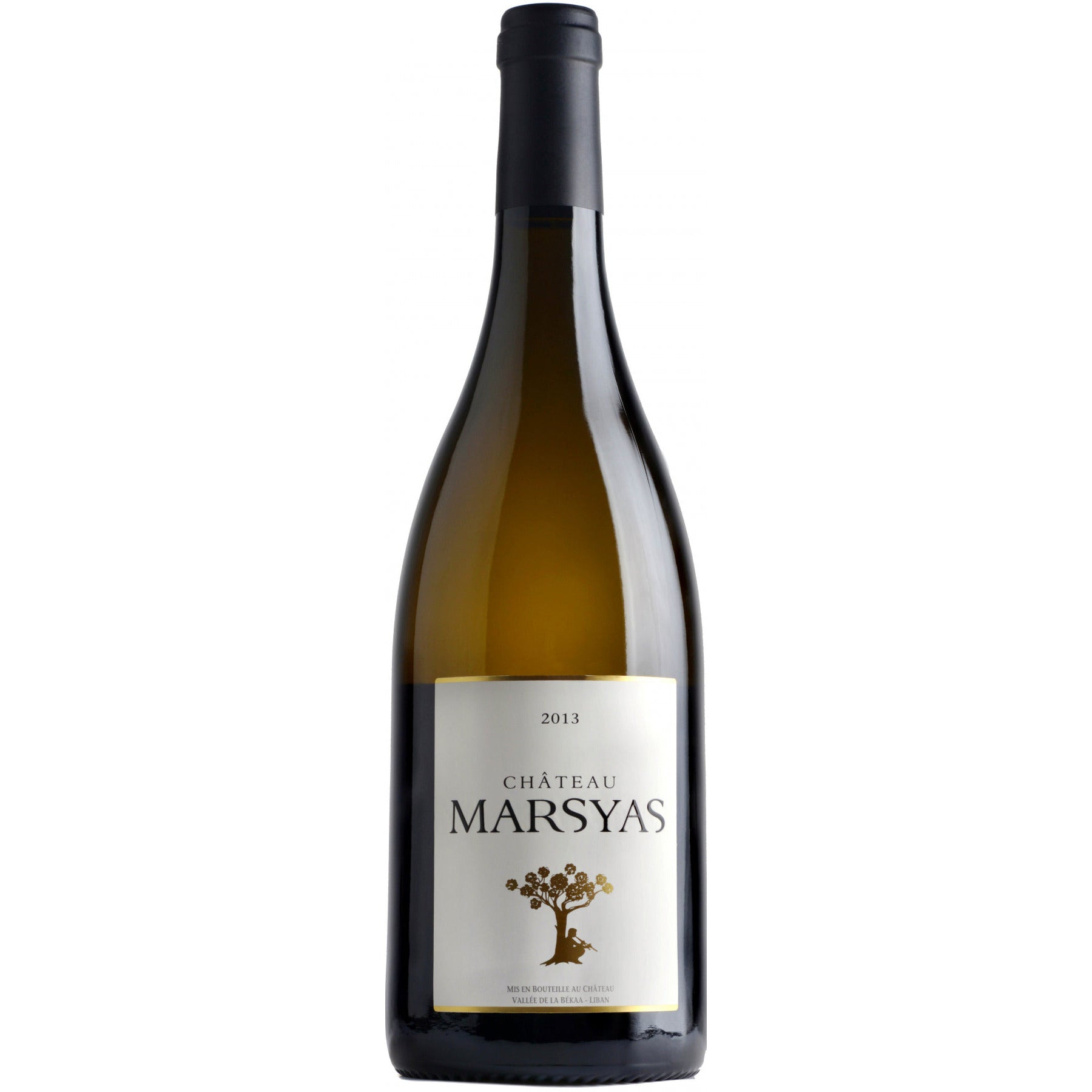Les Vignobles De Demain
Chateau Marsyas Blanc
Chateau Marsyas Blanc
Couldn't load pickup availability
Organoleptic Characteristics and Harmonization
There are white wines so interesting that to ignore them would be to miss out on the opportunity to be surprised and experience something very rewarding. Château Marsyas is one of those that would certainly be on the list of “must-drink wines before you die”. Unusual, profound, impactful... a true gem. It is speculated that Lebanon is the oldest wine producer in the world. Even biblical references describe vineyards planted there. Château Marsyas is located 60 km from Beirut, in the alluvial plains of the Bekaa Valley. The 55 hectares of vineyards are nestled at the foot of Mount Barouk, at an altitude of 990 meters. The Marsyas Valley, also known by the ancient Arabs as “Noah’s Valley”, in reference to the supposed burial place of the biblical prophet, is mainly known for the sacred temples of Baalbek/Heliopolis. Owned by the Saadé family, Château Marsyas is made with the belief that “wine is rooted in the earth”. The terroir comes first and all winemaking work takes this fundamental premise into account. Sandro Saadé works with the help of world-renowned Bordeaux consultant Stéphane Derenoncourt to produce superbly elegant wines with a unique character. Marsyas Blanc is the Château’s flagship wine, made from an exotic blend of Chardonnay and Sauvignon Blanc. The best characteristics of these grape varieties merge to produce a multifaceted wine with great richness and depth. The aroma displays complex notes suggesting lemon zest, flowers such as white lily and honeysuckle, ripe peach, a touch of honey, as well as light mineral nuances such as gunpowder and wet stone. On the palate, we have a dense and powerful wine with an unctuous texture. Intense flavors of candied peaches are combined with buttery notes and a touch of orange blossom. It also has a very nice acidity, which compensates for all this power and balances the whole. The finish is expressive and lingers on the palate for a long time. As critic Andrew Jefford (from Decanter Magazine) rightly pointed out, this is a long-lasting wine that will make the Lebanese proud. This example is ready to drink, but can be enjoyed, still at its peak, until the end of 2027.
More information



